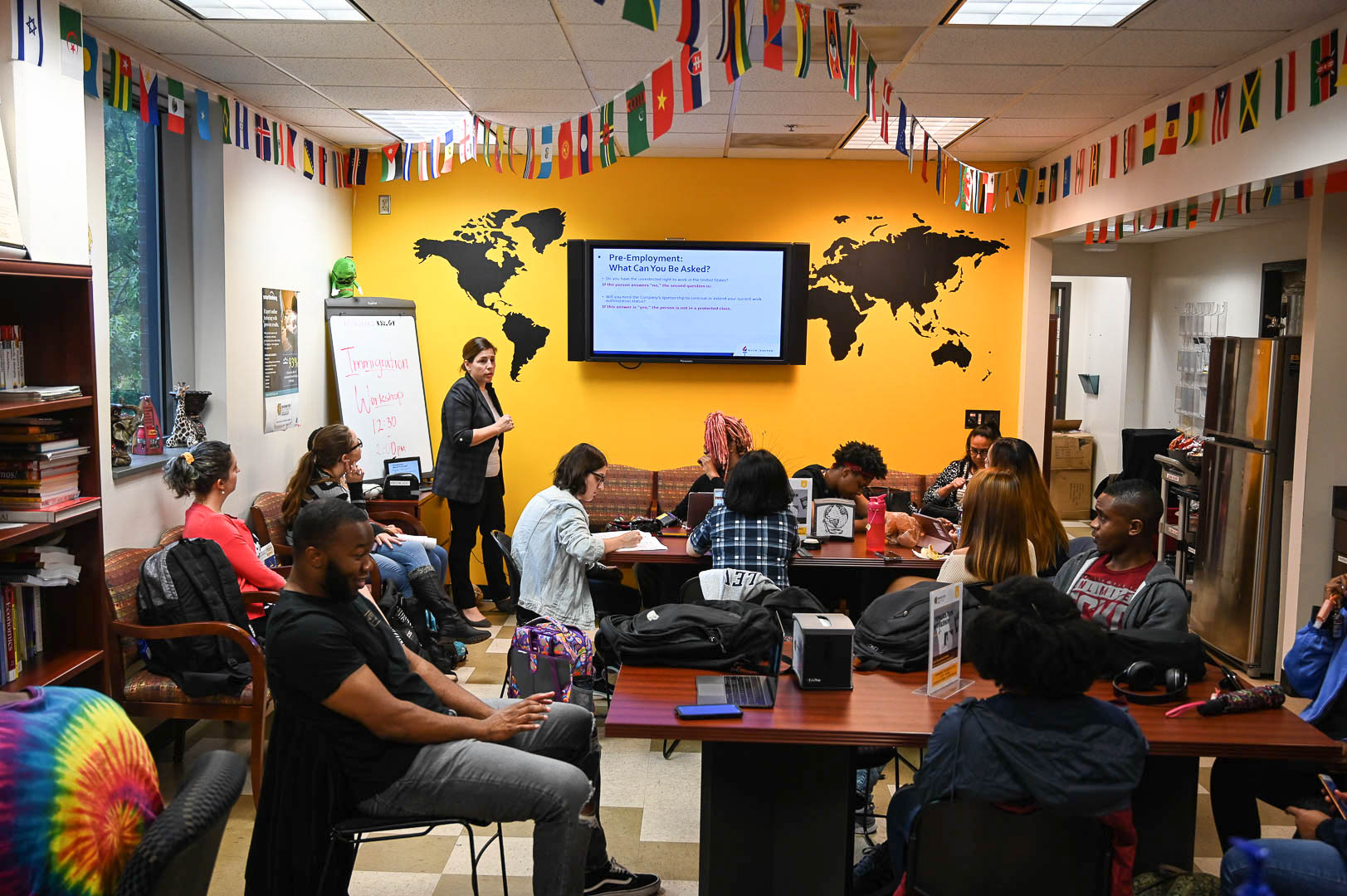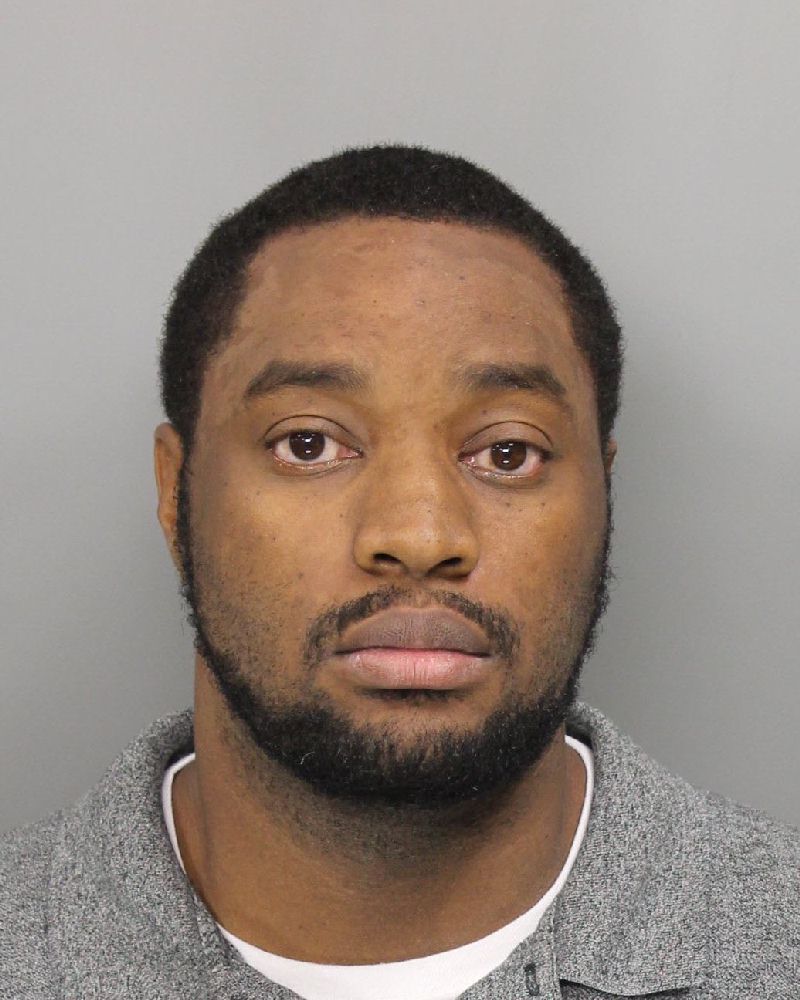Kennesaw State’s Global Village hosted a workshop Wednesday, Oct. 30 to inform immigrant students nearing graduation about necessary documents they need to apply for jobs.
The workshop was held in the James V. Carmichael Student Center with Kuck Baxter Immigration Partner and Attorney at Law Danielle Claffey.
Claffey said immigrant students have the right to apply for jobs anywhere, but employers can legally turn down visa-holders and immigrants.
“You have to ask yourself about your status,” Claffey said. “Have you always maintained your status? Employment and graduation are both very important for maintaining status.”
The workshop covered different types of visas, such as H1-B, O-1 and E-2 visas, as well as the process for obtaining a green card and some issues that come up.
H1-B visas require an individual to hold a bachelor’s degree in a specific specialty and are the most common type of work visa for college graduates, Claffey said.
The H1-B visa allows individuals to stay in the United States for three years and can be petitioned for an extension of an extra three years, Claffey said.
While holding an H1-B visa, it is important for an individual to begin registration for the permanent residence process immediately. When an individual begins Permanent Worker Labor Certifications, they can continue to petition for extra extensions of one year on the H1-B visa, Claffey said.
The process of PERM Labor Certifications is when an employer sponsors a migrant worker and the United States Department of Labor verifies that there are insufficient amounts of American-born workers in the United States, according to the U.S. Citizenship and Immigration Services website. From there, the DOL determines if hiring a foreign worker will not interfere with wages and working conditions of U.S. employees, according to the USCIS website.
“Most employers want workers for a year, then they’re usually willing to have the green card conversation,” Claffey said. “But it’s a conversation you need to start early on to make sure the employer is willing to file that for you.”
The O-1 visa, which is less common for graduates than the H1-B, is for individuals having extraordinary ability in the arts, sciences, education, business, athletics or entertainment industry and requires that an individual meet three out of eight requirements to obtain a visa, Claffey said.
Meeting requirements for an O-1 visa involve accomplishments such as winning an award in a field or having articles published in a professional journal among others, according to the USCIS website.
Also covered in the presentation was the E-2 visa, which is reserved for investors, entrepreneurs or persons purchasing a business who wish to immigrate to the United States.
The E-2 visa is limited to individuals from countries that hold a treaty with the United States, and allows an individual to stay for five years with two-year extensions, Claffey said. This can be renewed indefinitely.
The presentation also covered two types of green cards for workers, the EB-1 and EB-2.
The EB-1 first preference employment immigration is based on extraordinary ability in a field, and is similar to the O-1 visa, Claffey said.
Similarly, the EB-2 second preference employment immigration is based on an individual holding an advanced degree or extraordinary ability in a field, Claffey said.
“Start your green card process immediately,” Claffey said. “Make sure you like your employer and they like you and be prepared for denial and the possibility of employer litigation in federal court.”
KSU’s Global Village seeks to promote international awareness and global learning by engaging student programs and services. It also promotes global learning and understanding by providing programs and services that focus on intentional interaction between international and domestic KSU students.


